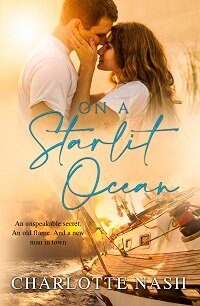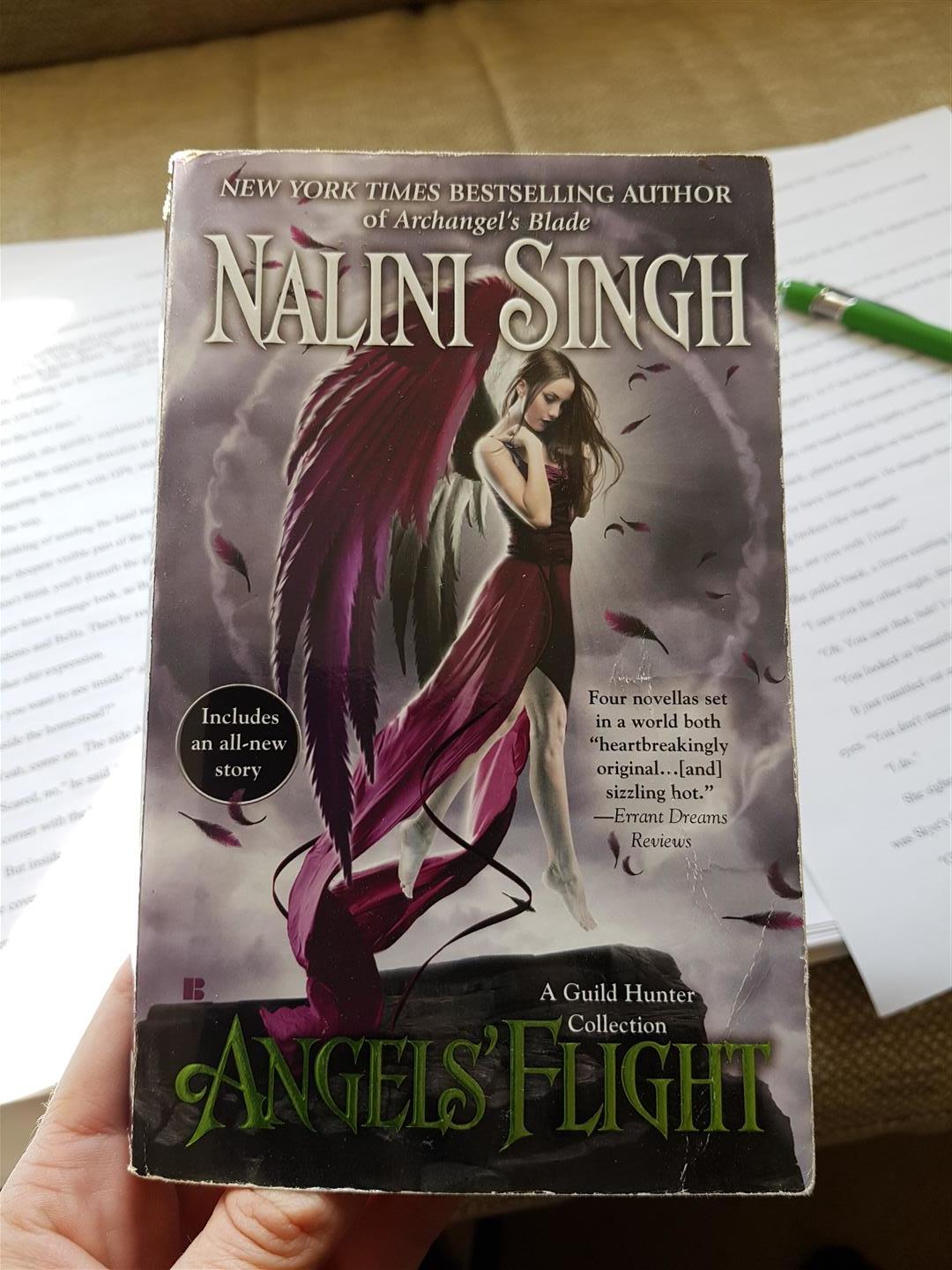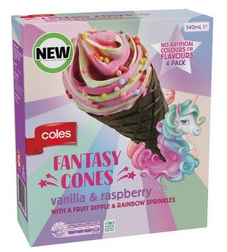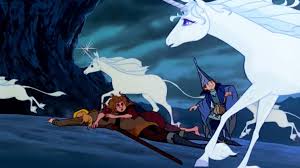Sometime in the first 2 years of my PhD, I was "moved on" from the foyer outside my local council library. The library is in a complex with a cinema, so the foyer was (and is … it's still there) a blind wide corridor of questionable sovereignty between those two institutions, having the same plush dark carpet as the cinema, but being bordered on three sides by the library.
Said corridor (which makes it sound narrow, but you could drive two cars through it) allows access to the council wi-fi even when the library is closed, which is why I assume I'd seen teenagers loitering there at all hours, enterprising on the hotspot, necks bent at angles that must make chiropractors see dollar signs.
I didn't need the wi-fi, but I did need a place to work. I had a young child at home, and books and PhD to write. My available work times were either late (after 6, after the parent relay-baton pass) or very early, and we were still at least three years away from embracing such pre-5am starts. More on that later. But those times meant I had to leave the house, removing myself as a sought-target every five minutes, or as soon as a thought was forming, whichever came first.
I'd been working for years in cafes during the day, but none opened at such hours after the demise of the last Gloria Jeans. Libraries, too, were generally not open as late as needed, cutting off momentum just as it got going, or the ones that are open (UQ, city) add unreasonable commutes. Or, they weren't open on "my" evenings at all. I had on occasion worked in the car, parked like some dodgy mo-fo at the edge of a local park, my face lit up in the glow of my screen. To be honest, not the most ergonomic solution. So, the nice carpeted loitering area outside the library seemed a great solution – out of everyone's way, a wooden bench to sit on, no closing times (since the cinema well outlasted my stamina).
And for a few evenings, it was great. Until I was moved on.
The mover-on-erer was a burly centre security man, who told me I couldn't sit there. When I asked why, seeing as I was bothering no one, I was told in a less-than-convincing way that it just wasn't allowed. In my usual tendency to overexplain, especially when upset and overtired, I told him I was so tired of looking for a place to work on my thesis, what with having a baby at home and deadlines and such. This led to an invitation to come and use the security office at the shopping centre. I'm going to hope he meant to be kind, but it was just really freaking creepy. A dude you don’t know suggesting you leave the public place to come work at night in his private office. Even coming from someone who often misses the creepy, that was creepy.
I moved myself on, and pretty fast.
To this day, whenever I go past the foyer and see the empty benches in that corridor, I think what a waste of space that is, having this well-lit, relatively secure public place that could be available, and making it decidedly otherwise. I eventually learned the term for this kind of place on the 99% Invisible podcast: "social infrastructure". Libraries are one of the few places that meet the criteria (at least, when they’re open). Along with parks and schools, social infrastructure form hubs that connect communities together. They help reduce inequality and polarisation by being accessible to all regardless of means, and putting everyone in contact with each other.
What has all this to do with McDonalds?
Well, ever since being moved on, McDonalds has been my solution (or sometimes, HJs). It feels absolutely daft to think of my local McDonDons as social infrastructure, but as a writer it's hard not to feel that way. It's open late and early. They have power points (for my increasingly aging laptop battery). The teenage staff and large dining areas generally ensures there's no tacit café-pressure to be gone after a certain time, or purchase a certain amount to stay. A cheeky writer friend often doesn't buy anything, occupying a corner table in the near-empty outdoor area. There's one 5 minutes from home, which is probably fairly common. It's well lit and populated, even at 5am, which is a far more typical time for me to be working now (thanks, covid).
And most importantly, to date I’ve never once been moved on by a security guard who suggests I should come work in his office.
I'm not the only one. At my local, especially at night, I see bible study groups, and freelancers, even real estate agents meeting clients at the tables. The golden arches is clearly providing some kind of community space that isn't being met by something else. And I’m aware this is probably part of their plan for market domination. But it’s more accessible to me as a working parent with a small child than many other options. And while it troubles me that the capitalist machine ends up in this place, making this claim that makes me feel uncomfortable, the pragmatic part of me that just needs to be able to work out of home at odd hours while my kid is small … that part is grateful.
That part only cares that there is a table here (yes, I’m writing this at McDonalds, because it’s late Sunday afternoon and I can’t be at home), and that I always feel welcome (or at least, comfortably beneath notice). Make of that what you will.
The coffee is still foul, though.





























